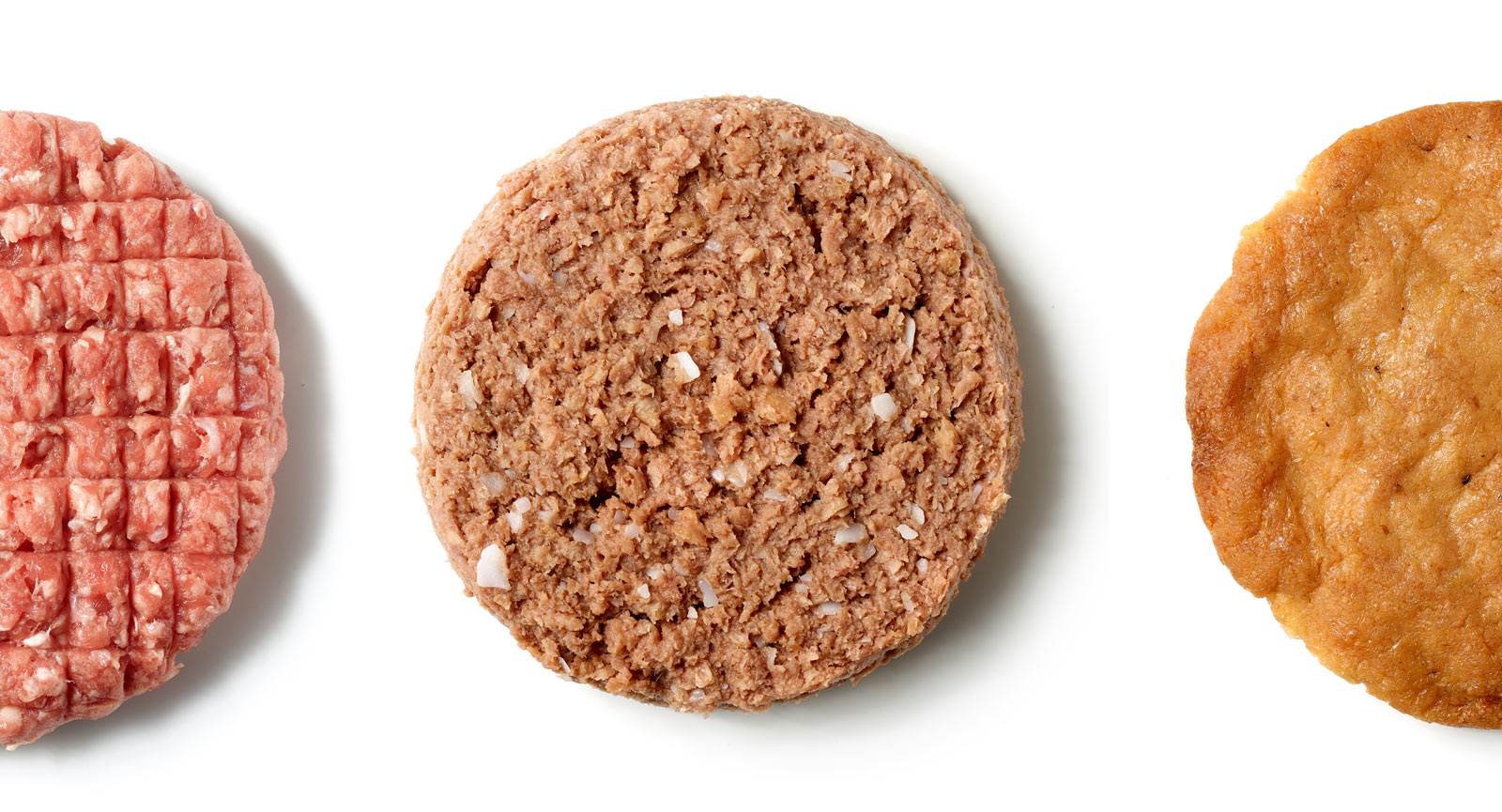
Preserving Quality: The Importance of Natural Antimicrobials in Enhancing Plant-Based Proteins
Plant-based proteins are receiving global interest for several reasons. Consumers often consider them as healthier, animal friendly and environmentally sustainable options. Those interested in simply lessening their meat consumption are turning towards plant-based and the products are a great option for vegans and vegetarians looking for added variety.
However, much like their authentic meat counterparts, plant-based options are still susceptible to microbial spoilage. Despite undergoing thermal processing during preparation, microorganisms can still survive and grow, causing safety and quality concerns for consumers and risk for manufacturers.
Pesky Microbes in Plant-Based Meat
Plant-based proteins are susceptible to spoilage due to their nutrient composition alone. In addition, suboptimal storage, and handling at any point between manufacturing and retail display, can promote spoilage. Even the protein source chosen can impact the possible spoilage microorganisms at play.
Plant-based meat products have high moisture, protein, and fat content, much like authentic meat. They also have neutral pH levels that can support the growth of spoilage bacteria, yeasts, molds, and pathogens such as Listeria. Grain-based ingredients can introduce Bacillus cereus and lactic acid bacteria. As protein sources continue to increase in variety, understanding microorganisms of concern and how to protect against them will grow in importance.
Additionally, high temperatures during processing can alter the texture, taste, and nutritional value of plant proteins, which means heating conditions may differ based on the protein type, and even that can influence microbial growth.
It is possible for plant-based meat to have elevated levels of microbial contamination during refrigerated storage conditions. Lactobacillus, Leuconostoc, Carnobacterium, Pseudomonas, and Brochothrix are psychrotrophic, meaning they can grow at low temperatures, and are commonly associated with refrigerated food spoilage. Extended refrigeration can also yield yeast species like Pichia and Candida.
Processing and preparation methods, environmental conditions, quality of raw ingredients, and storage conditions can all contribute to bacterial growth.
Our Kalsec antimicrobial scientists found that types and levels of microorganisms in plant-based products vary depending on the protein source, leading to shelf-life challenges. Understanding the microorganisms of concern is a critical step to addressing the problem.
Processing environments matter, too. Another experiment revealed that the same plant-based meat product prepared in two separate locations resulted in two different types of spoilage; one from cold-loving bacteria, and one from mold, requiring different treatments to address them.
Processing and preparation methods, environmental conditions, quality of raw ingredients, and storage conditions can all contribute to bacterial growth. Bottom line, plant-based proteins are susceptible to spoilage and make people sick if contaminated with pathogens, just like authentic meat.
A Natural Solution for Your Plant-Based Proteins
With our proven experience as a leader in clean label food protection, we continue that focus within plant-based proteins. Our team of experienced scientists will work closely with you to identify the unique challenges faced with your products. From detecting and identifying the microorganisms of concern to most importantly providing the scientifically proven and sensory verified solutions to combat your specific microbial issues.
The well-established Biosafety Level 1 (BSL-1) and 2 (BSL-2) laboratories at Kalsec provide the resources and dedicated equipment to quickly respond to your needs. BSL-1 labs handle non-pathogenic organisms while BSL-2 labs handle moderate risk pathogens with added safety measures to protect people’s health and safety. Having these dedicated labs provides our scientists with the tools necessary to identify solutions for all spoilage microorganisms of concern in food manufacturing, without the time and costs associated with going to an external laboratory partner.
Our DurashieldTM line uses blends of highly effective natural antimicrobials and antioxidants optimized to provide potent synergistic protection without impacting the flavor of your plant-based products. It’s natural, clean label food protection that fights bacteria, yeast, mold, and pathogens. Our full line of products protects against a broad spectrum of concerns or can target specific microorganisms, thanks to a patented combination of fermentation-derived antimicrobials and rosemary extract. This powerful blend allows lower usage rates, increasing efficacy with minimal impact on taste, and making plant-based proteins safer to store, prepare, and eat.
Plant-based options have been championed as the solution to the many issues consumers have with authentic meat. Now, with Durashield blends from Kalsec, manufacturers of alternative protein products can have fewer safety and quality concerns.
Get in touch with our team to learn more or connect with our Food Protection experts.
Explore Solutions for Plant-Based Proteins
Kalsec delivers natural taste and sensory solutions, colors, and food protection ingredients for plant-based applications.
Learn More